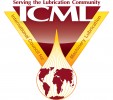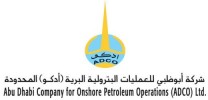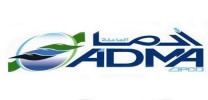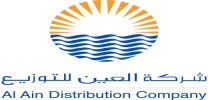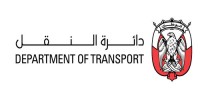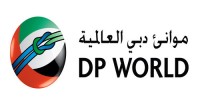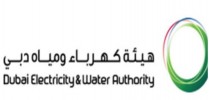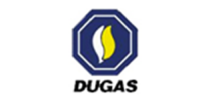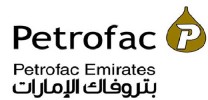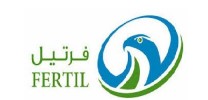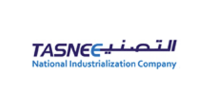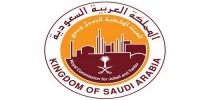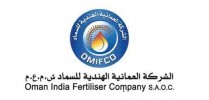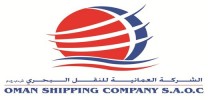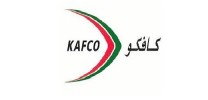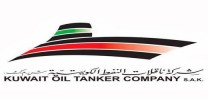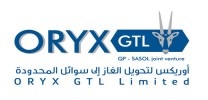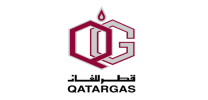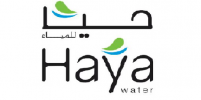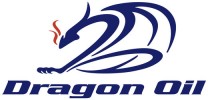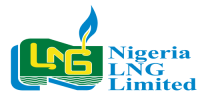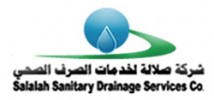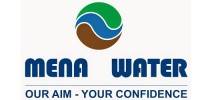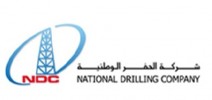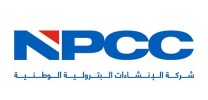
Process Control for Engineers & Technicians
Course Introduction:
This course covers fundamental and practical of instrumentation measurements including Flow Rate Measurement, Pressure Measurement, Level Measurement, and Temperature Measurement employed in a number of common control applications including compressors, boilers, distillation columns, chemical reactors and other systems related to the oil and gas industry. The other part of this course covers introduction to final control elements concerning on control valve including its parts, types, characteristics and its applications. The last part of the course covers control theory including controllers, process control loops and loop tuning.
Course Objectives:
Upon successful completion of this course, the delegates will be able to:
- To give an understanding of the principles and practice of the following Elements:
· Pressure measurement
· Level measurement
· Temperature measurement
· Flow measurement,
· Control valves.
- By using a hands-on approach, enable the delegate to investigate the Operation of an instrumentation system through designing, building and Testing typical sensor combined with appropriate signal conditioning circuits
- To allow the delegate to become familiar and confident with a range of Measurement techniques
- To understand the concepts of Process Control and acquire the Knowledge relating to the characteristics and properties of a process variable being measured
- To disseminate and share experience and knowledge with other delegates through open session discussions hence broadening the knowledge base of all
- To become familiar and knowledgeable with PID control and develop the ability to ‘tune’ a process control system using PID control
- To have the confidence and knowledge to apply the above techniques and principles to solve an unfamiliar and bespoke measurement situation in the workplace
Who Should Attend?
This course is intended for all instrumentation & control engineers, technicians, non-instrument related personnel, mechanical & process technicians, chemical & process trainee engineers, all personnel involved in the design, selection, operating, maintenance, troubleshooting, repair operations., all maintenance, engineering, operations and process personnel involved in improving reliability, conditioning monitoring and maintainability of process equipment and systems and participants should have basic foundation skills in instrumentation.
Course Outline:
Day 1:
Pre Test
Section 01: Introduction to Process Measurement
· Why Instruments?
· Where do we need it?
· What types are there?
· Types of Process Control
· What is measurement?
· Intro to Quality Assurance
· Terminology and Definitions
· Measurement Calibration
· Types of Errors
· Main applied symbols
Section 02: Applied Accuracy Terminology
· Accuracy, Precision, Standard Deviation & Variance
· Playing Darts
· Repeatability and Reproducibility
· Variability & Probability
· Statistical Control & Normal Distribution
· STD & Systematic Error
Section 03: Pressure Measurements
· Pressure parameters
· Types of Pressure
· Pressure Units
· Types of pressure instruments
· Pressure indicators principles
· Gauge and Diaphragm seal gauges
· Pressure Transmitter
· Strain Gauge, Capacitance
· Piezo Electric Pressure sensors
Section 04: Temperature Measurements
· Principles
· Thermocouples
· RTD’s
· Thermistors
· Non-Contact Types
· Control issues
· Installation
Day 2:
Section 05: Flow Measurements
· Volumetric , Mass and Totalized Flow
· Flow Meter Classification,
· Turbine Meter, K-factor and Accuracy Range
· Rangeability
· Positive Displacement Meters
· Variable Area Meters
· Categories 2: Thermal, Differential and Oscillatory type flowmeters
· Orifice type ∆P measurement
· Orifice Types, Advantages & Disadvantages
· Venturi Tube, Dall Tube and Nozzle
· Pitot type flow meters
· Vortex type flow meter
· Categories 3: Electromagnetic, Coriolis and Ultra Sonic flowmeters
· Doppler & Transit time US meters
· Multi-beam US
· Coriolis Mass Flow measurement
· Magnetic Flow meter
· Turndown Ratio and Rangeability
Section 06: Control Valves Part A
· Control Valve Terminology
· Flow coefficient Cv and Kv
· Fail Safe positions
· Hysteresis
· Cavitation & Flashing
· Choked Flow
· Liquid Recovery Factor
· Pressure Recovery Factor
· Rotary Valves: Butterfly, Eccentric Disc, Ball and Plug type
· Linear type valves, Globe valves
Day 3:
Section 07: Principles of Process Control
· Reasons for Process Control
· Standard Terminology & Symbols
· Process Variables
· Response times / Time Lags
· Transducer / Sensor
· Final Control Element
· Control Objectives
· Types of Errors
· Open and Closed Loop Control
· Disturbances
· Control Algorithm
· Control Actions
· Self-Regulating Control
· Proportional action and Controller Gain
· Types of Control Algorithms
· Proportional Band
· Process Response Curves
· Properties of Integral Control action
· Derivative action and understanding
· Three mode Controlling
· Specific Controller mode selection
· Typical Control Loops
· Cascade Control
· Feed-forward Control
· Introduction Controller Tuning?
· DCS Control systems
Section 08: Control Valves Part
· Changing the characteristic of a valve
· Cage guided Valve
· Process inherent characteristic
· How to select the right valve
· Valve (standard) leakage rates
· Types of Actuators
· ESD valves
· Valve Positioners
· Volume Boosters
Day 4:
Section 09: Level Measurement
· Applied principles for Level Measurement
· Buoyancy systems
· Servo Tank Gauging systems / Honeywell Enraf
· Displacer type level transmitter
· Hydrostatic measurements
· Open / closed vessels with Wet and Dry Leg impulse lines
· Bubble tube measuring method
· Weighing method
· Ultra Sonic method
· Radar type method
· Non-contact and Guided Wave systems
· Vibrating type Detectors
· Float Level Switch
· Conductivity method
· Capacitive method
· Nucleonic Level measurement
Section 10: Introduction DCS systems
· Introduction Distributed Control
· DCS Hierarchy, Functions & Features
· Control & Monitoring
· DCS Architecture
· Main parts and modules
· Properties of different DCS systems : Honeywell, Delta V, Yokogawa Centum, Foxboro I/A
Day 5:
Section 11: Programmable Logic Controllers
· Introduction
· History
· Current Position
· Principles of Operation and features
· System Components
· I/O Interfaces
· Methods for Configuration
Section 12: SCADA systems
· What is a SCADA system
· Overview of the main parts
· Field Instrumentation
· Data Acquisition
· Control Loop
· Supervisory Control
· Remote Terminal Unit (RTU)
· Master Terminal Unit (MTU)
· SCADA Server
· Communication Equipment
· Operation
· System features
· Levels of Hierarchy
Section 13: Introduction Safety Instrumented Systems
· Safety Instrumented Systems: What is safety / safety system?
· Position SIS in a total control system
· Standards
· What is IEC 61508?
· System Integrity
· How to compare IEC 61508 and TÜV
· SIS Logic Solver
· SIL and Pfd
· Proof Test of Devices
· DETT and ETT
· Redundancy for Sensors and Final Elements
· Safety PLC design
· Common Industrial Failure Mechanisms
· Safety PLC – Diagnostic features
· Redundancy & Diversity
Case Studies and Group Discussions
Course Summary and Analysis
Post Test
Course Methodology:
A variety of methodologies will be used during the course that includes:
· (30%) Based on Case Studies
· (30%) Techniques
· (30%) Role Play
· (10%) Concepts
· Pre-test and Post-test
· Variety of Learning Methods
· Lectures
· Case Studies and Self Questionaires
· Group Work
· Discussion
· Presentation
Course Fees:
This rate includes participant’s manual, Hand-Outs, buffet lunch, coffee/tea on arrival, morning & afternoon of each day.
Course Timings:
Daily Course Timings:
08:00 - 08:20 Morning Coffee / Tea
08:20 - 10:00 First Session
10:00 - 10:20 Coffee / Tea / Snacks
10:20 - 12:20 Second Session
12:20 - 13:30 Lunch Break & Prayer Break
13:30 - 15:00 Last Session





.jpg)





